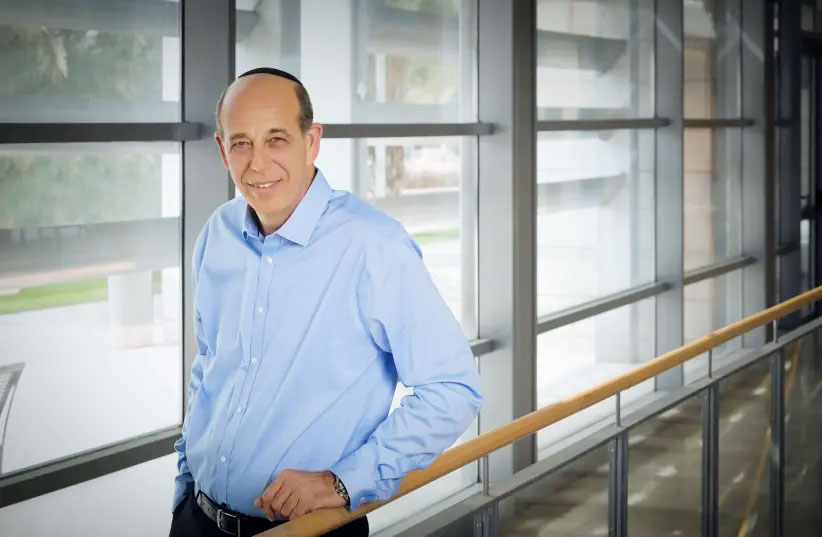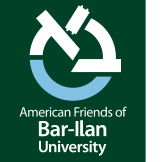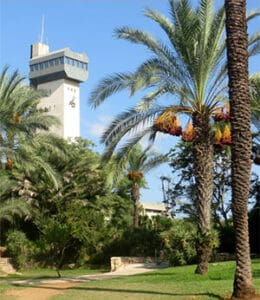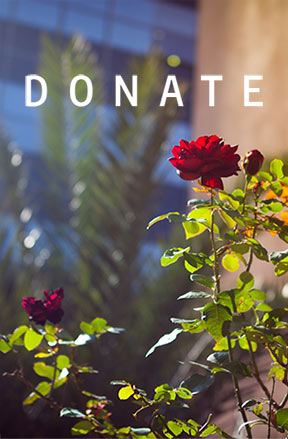Ramat Gan, Israel -
“Ensuring that our students know more about the Jewish nation is part of our DNA and it is not about the religious aspect, but about knowledge.”

Bar Ilan University President Prof. Arie Zaban
By ROSSELLA TERCATIN | This story originally appeared on June 6, 2020 in The Jerusalem Post
When the coronavirus outbreak forced the higher education system to shut down, Bar Ilan University was able to transition to online learning in just one weekend.
“We were informed on a Thursday, and on Sunday the whole university was functioning online,” Bar Ilan president Arie Zaban said. “Luckily we were prepared, as advancing smart teaching had been on our agenda for over two years.”
Developing tools for online learning has been one of the projects which the professor, a chemist, has been working on since he started his tenure as the university’s president in 2017.
With 17,500 degree-students, eight faculties and 42 departments, Bar Ilan is one of the major higher education institutions in Israel. Speaking to The Jerusalem Post in a wide-ranging interview, Zaban explained how the university has been dealing with the pandemic emergency in order to maximize its support both to the students and their research, and also to expand its vision for the school and its future.
“From the beginning, we opened the forum for professors and students to share both the difficulties and the best practices related to online learning in order to facilitate constant improvement,” he said. “At the same time, being aware of the economic struggles for many of our students, we did our best to assist them also in this perspective.”
Furthermore, Bar Ilan academics took on the challenge of developing proposals to tackle the obstacles posed by the virus, producing over 70 research projects, from creating a water-based disinfectant to an AI-solution for an effective distribution of a future vaccine.
Zaban highlighted that impact-driven research has been one of the cornerstones of his presidency, and that for this purpose the university has established a network of 15 interdisciplinary centers that address the country’s, and the world’s, biggest challenges.
“As a university, Bar Ilan pursues the two crucial missions of outstanding research and teaching, together with a third mission, which is providing Jewish education,” he said. “Ensuring that our students know more about the Jewish nation is part of our DNA and it is not about the religious aspect, but about knowledge.
“We are the most diverse Israeli university with students coming from all sectors of the society, and we are proud to have also the highest number of new immigrants, as well as many international students from all over the world,” he added.
If the university enjoys many international collaborations, including with schools in the US, Europe and the Far East (“and the coronavirus emergency has somehow made these connections even stronger”), Zaban said that they also feel the impact of the Boycott, Divestment and Sanctions Movement.
“At Bar Ilan we are very active on this front. Our professors work hard to fight it,” he told the Post. “Sometimes we assist to clear explicit episodes of boycott, especially in countries like South Africa and the UK, sometimes things are not openly stated: it could be things such as that an expert who has been working for decades in a specific field does not get invited to a conference, or that we compete for a grant and we are treated unfairly.”
Zaban said that even if he misses working in the field as a researcher, he is very pleased with the opportunities to make a difference that being the president of Bar Ilan offers him.
“As a scientist I worked on important developments in the field of renewable energies, but as president I was glad to oversee solar panels installed on our roofs,” Zaban said.
Another achievement he is proud of is the fact that he brought the percentage of women recruited as new faculty up to 40% (“even though it is still not enough”).
The president added that another area in which he is extremely happy with Bar Ilan is in the work of the Azrieli Faculty of Medicine in the Galilee, established nine years ago with the goal of producing more physicians for Israel.
“We have been working with all the hospitals in the north, we are constantly trying to increase the standards and the research carried on and we have managed to recruit more and more faculty from abroad,” he said. “Our goal is to make an impact and improve the level of the medicine in the area, and we are thrilled to see that a rising number of students are choosing to stay and work there after they finish their studies.”


